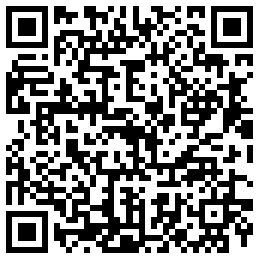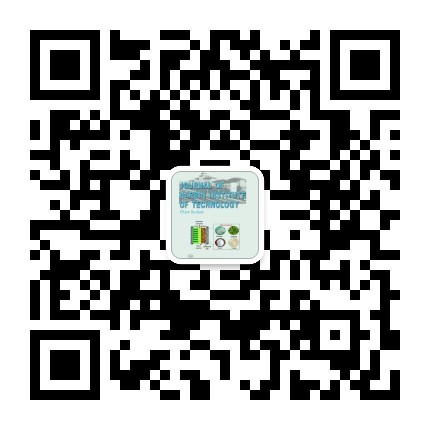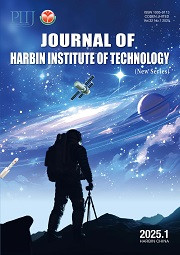| Author Name | Affiliation | | WU Shao-hua | Shenzhen Graduate School, Harbin Institute of Technology, Shenzhen 518055, China
School of Electronics and Information Technology, Harbin Institute of Technology, Harbin 150001, China | | ZHANG Qin-yu | School of Electronics and Information Technology, Harbin Institute of Technology, Harbin 150001, China | | ZHANG Nai-tong | Shenzhen Graduate School, Harbin Institute of Technology, Shenzhen 518055, China
School of Electronics and Information Technology, Harbin Institute of Technology, Harbin 150001, China |
|
| Abstract: |
| For impulse radio ultra-wideband (IR-UWB) ranging systems, effects of the settings of transmitter-related parameters, which include the pulse shape, the bandwidth and the pulse repetition interval (PRI), on ranging accuracy were studied through theoretical analysis and simulations. Both the match-filtering based coherent TOA estimation algorithm and the energy-detection based non-coherent algorithm were used during simulations. Results show that the pulse shape has the least effect on the ranging accuracy. Increasing the pulse bandwidth can improve the ranging performance, but the performance is hardly improved any more when the bandwidth is increased beyond a certain level. PRI should be set long enough to guarantee the accurate ranging, because when PRI is shorter than the maximum excess delay of the channel, the ranging accuracy will be deteriorated by inter-pulse interference. |
| Key words: IR-UWB ranging TOA estimation algorithm parameter setting match-filtering energy-detection |
| DOI:10.11916/j.issn.1005-9113.2010.01.010 |
| Clc Number:TN925 |
| Fund: |






